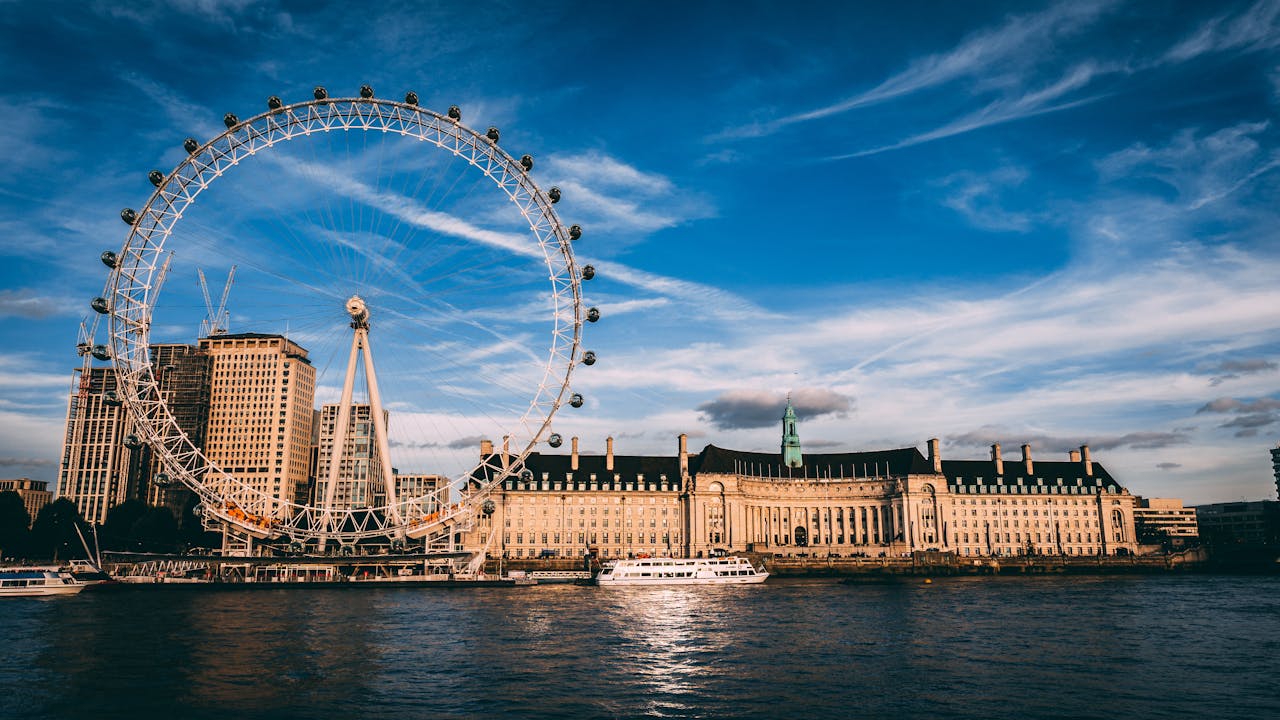- Share post:
- Share on LinkedIn
- Share on X
- Copy post link
- Print this page
London losing luster as minerals financing hub – Oryx managing partner
S&P Global Market Intelligence
Journalist: Anthony Barich
Date: March 26, 2025
Oryx Global Partners’ Managing Partner, Paul Schaffer, recently spoke with S&P Global to talk about the firm and the minerals investment environment.
Key topics include:
- Why Oryx was setup in Abu Dhabi.
- Geopolitical impacts on the global metals trade.
- How Oryx thinks about investments going forward.
